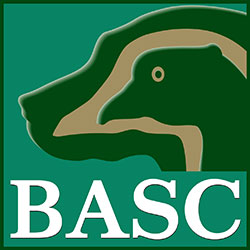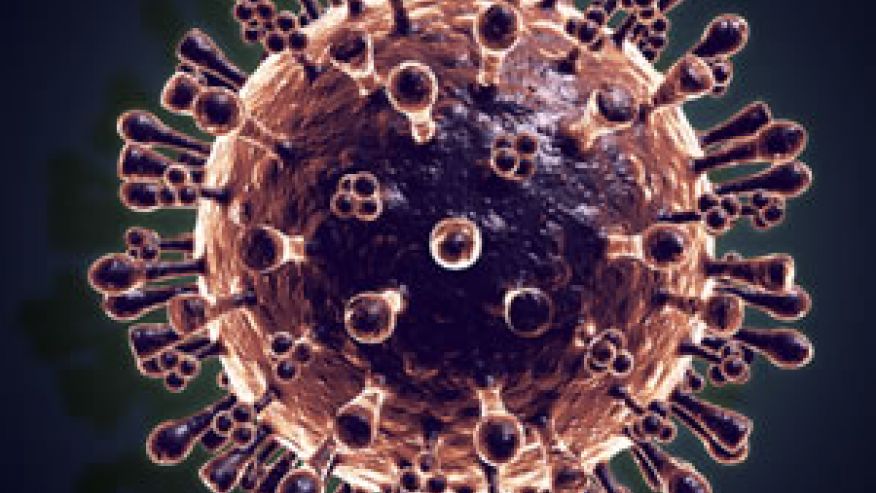 BASC is advising members and the wider shooting community to remain vigilant following confirmation that Avian Influenza has spread further throughout the UK. More details can be found here.
BASC is advising members and the wider shooting community to remain vigilant following confirmation that Avian Influenza has spread further throughout the UK. More details can be found here.
No restrictions are currently imposed on shooting, but BASC – the UK’s largest shooting organisation – is asking its members to make themselves aware of the symptoms of bird flu and report any suspicions to the relevant authorities.
The advice remains that the risk to public health from the virus is very low and it has been made clear that bird flu does not pose a food safety risk for UK consumers. Thoroughly cooked poultry and poultry products, including eggs, are safe to eat.
Glynn Evans, BASC head of game and deer management, said: “It is important that the wider shooting community remains vigilant to bird flu and makes itself aware of how to spot the symptoms of the disease to help limit the threat of the spread of the disease into poultry.”
Enhanced measures have been introduced in an attempt to limit the risk of bird flu spreading to poultry. These include the declarations of prevention zones covering England, Wales and Scotland on 6 December, requiring that all kept birds to be housed or otherwise separate from wild birds. A temporary suspension on gatherings of some species of birds has also been introduced.
In addition, Northern Ireland has now also declared a similar 30-day prevention zone and has also suspended gatherings of certain species of birds.
Following the discovery of the disease near Louth, in Lincolnshire on 16 December, Defra imposed a 3km protection zone and a 10km surveillance zone around the infected poultry farm.
Defra’s factsheet on avian influenza, including how to spot the symptoms, can be viewed here.
BASC is highlighting that members of the public who find dead wild waterfowl (swans, geese or ducks) or gulls, or five or more dead wild birds of other species in the same location should report Incidents them to the Defra helpline (Tel: 03459 33 55 77) or in Northern Ireland to the DAERA helpline (Tel: 0300 200 7840).
The association will continue to update its website as more updates are made available.
